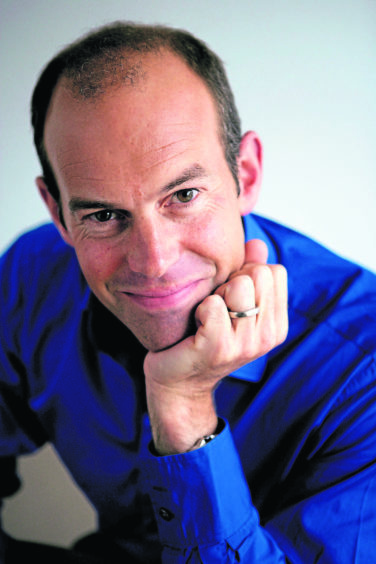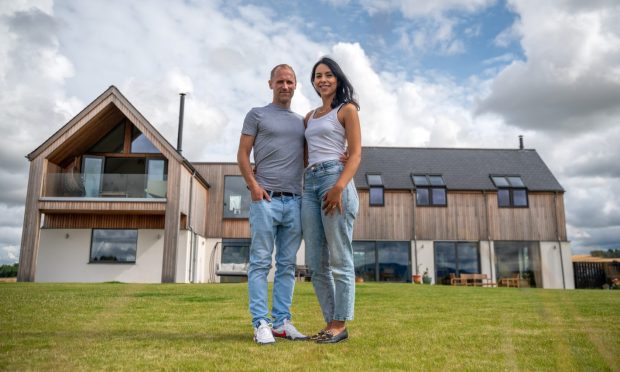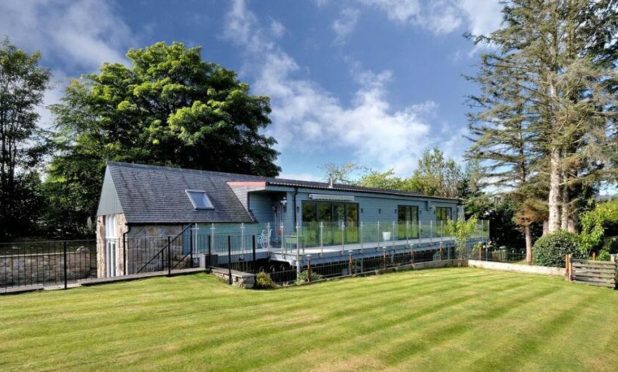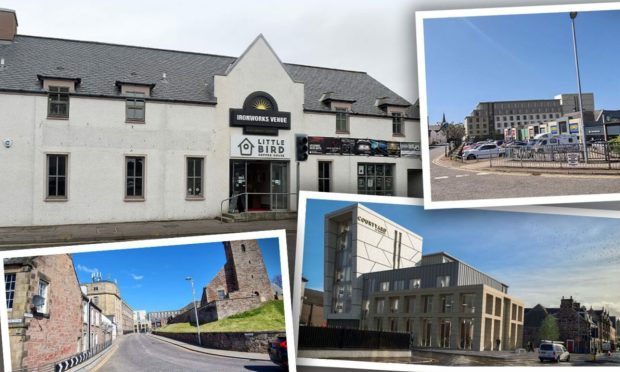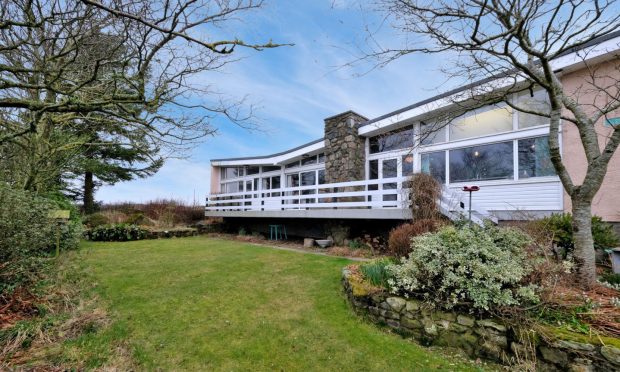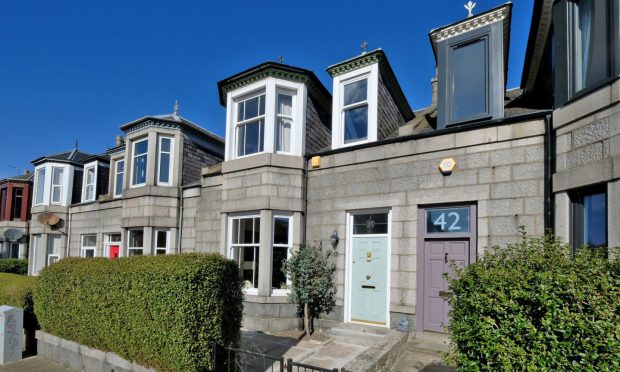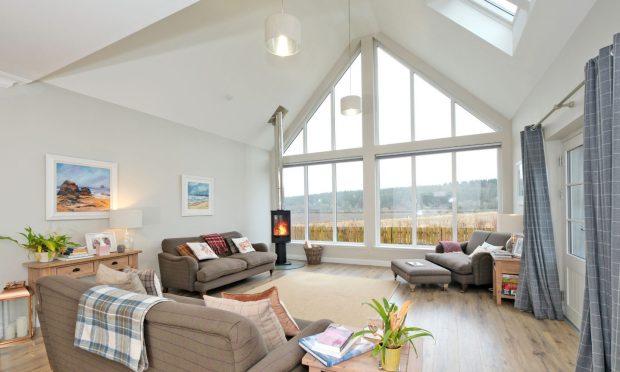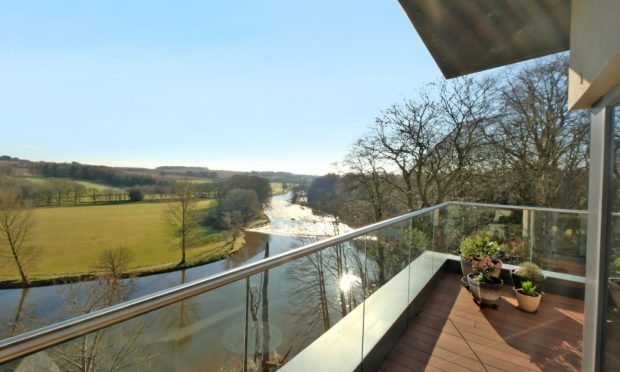Phil Spencer shares with us the key questions he thinks all buyers should ask when house hunting.
Buying a property can be a lengthy process yet many buyers still end up wishing they’d found out just a few more crucial details before the deal was finalised.
Questions such as noisy neighbours, competition for parking spaces, traffic noise and high renovation costs are often overlooked in the rush to secure a deal.
TV property guru Phil Spencer, who launched the advice site for buyers MoveIQ, agrees that as well as the “big” questions, the “small” things should not be overlooked either.
“Buying a home is always a mixture of heart and head,” said Phil.
“Your first impression as you walk through the door is crucial to your decision, but so too are many other less obvious factors.
“It’s essential that you do your homework, or you risk being blinded by emotion during the purchase. Even worse, you could end up with expensive problems down the line.
“Asking the right questions before, during or after that first viewing can make the difference between identifying the perfect home and having an unwanted surprise after you’ve committed to buying.”
So what questions should you be asking?
Here, Phil shares his top questions.
How long has the property been on the market?
The average time it takes to sell a home in the UK is two to three months, according to the UK Government.
So, if the property has been on the market for considerably longer, it may have an issue that is stopping it selling, beyond just being priced too highly.
One red flag to look out for would be if the current owners have lived there for an unusually short time.
There is usually a reason behind a seller trying to get shot of a property after a short period.
You’ll need to push the agent or sellers for clues: Is there a nuisance neighbour? What are crime levels like in the area? How busy are the roads and how much does the property cost to run (utility bills, council tax, etc)?
Is the property in a conservation area?
Specific rules about what you can and cannot do to the property will vary from council to council. Some may prohibit you from making changes to metal railings, windows, trees and even the colour of the front door.
So, if your heart is set on a house with history but you’ve got an eye on modernisation, make sure to ask about anything that might block your plans.”
Are there any pending planning applications that might impact me?
Nearly all local authorities have a planning portal on their website that allows you to view any previous or pending planning applications.
If, for example, you were considering buying a home close to agricultural land, it might be a good idea to check whether the friendly farmer next door has just submitted a planning application for a new pig-rearing facility!
Has the seller made any changes to the property?
If changes have been made recently – especially structural ones – you need to know so you can ask the seller for any relevant documents, receipts or guarantee certificates.
Equally if the seller has spent money doing the place up, they will have raised the asking price accordingly, so you need to make a judgment on whether the premium is justified.
One other question I always ask a seller which can prove revealing is: “If you were staying, what other improvements would you make?”

